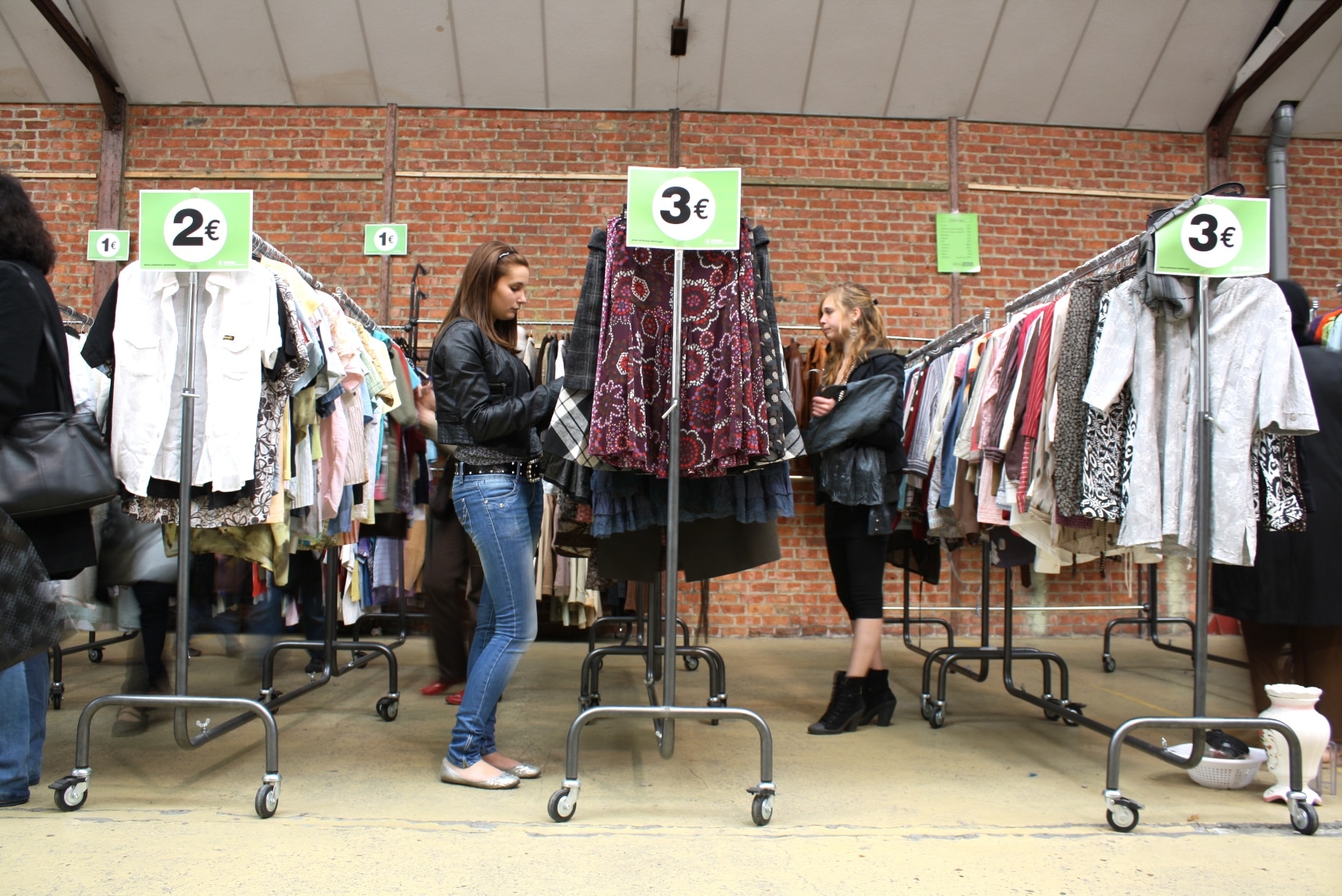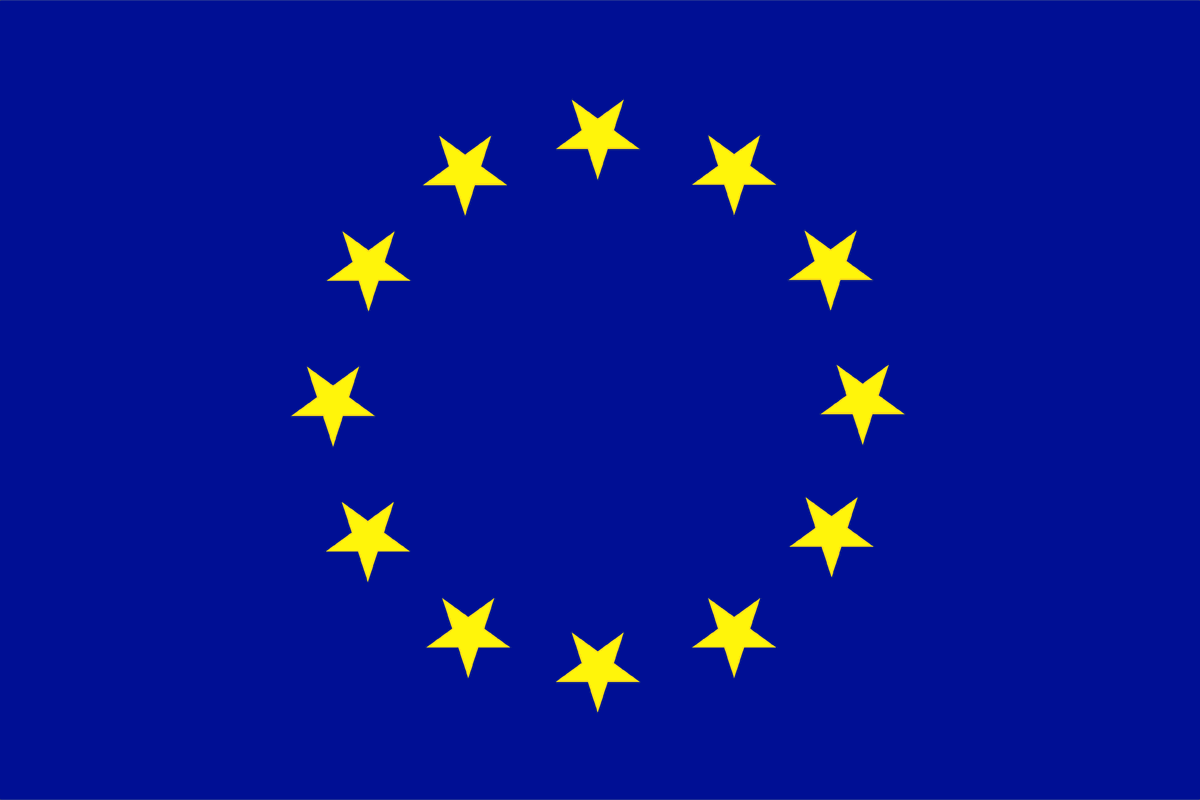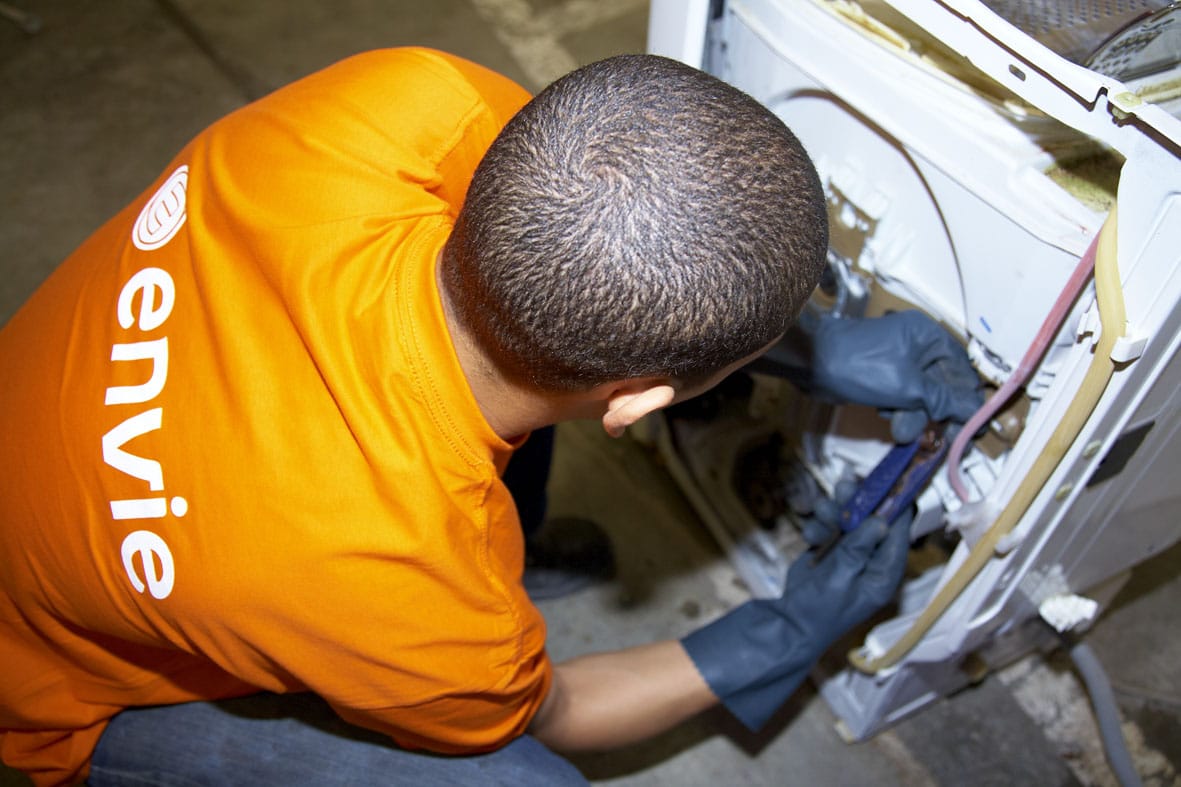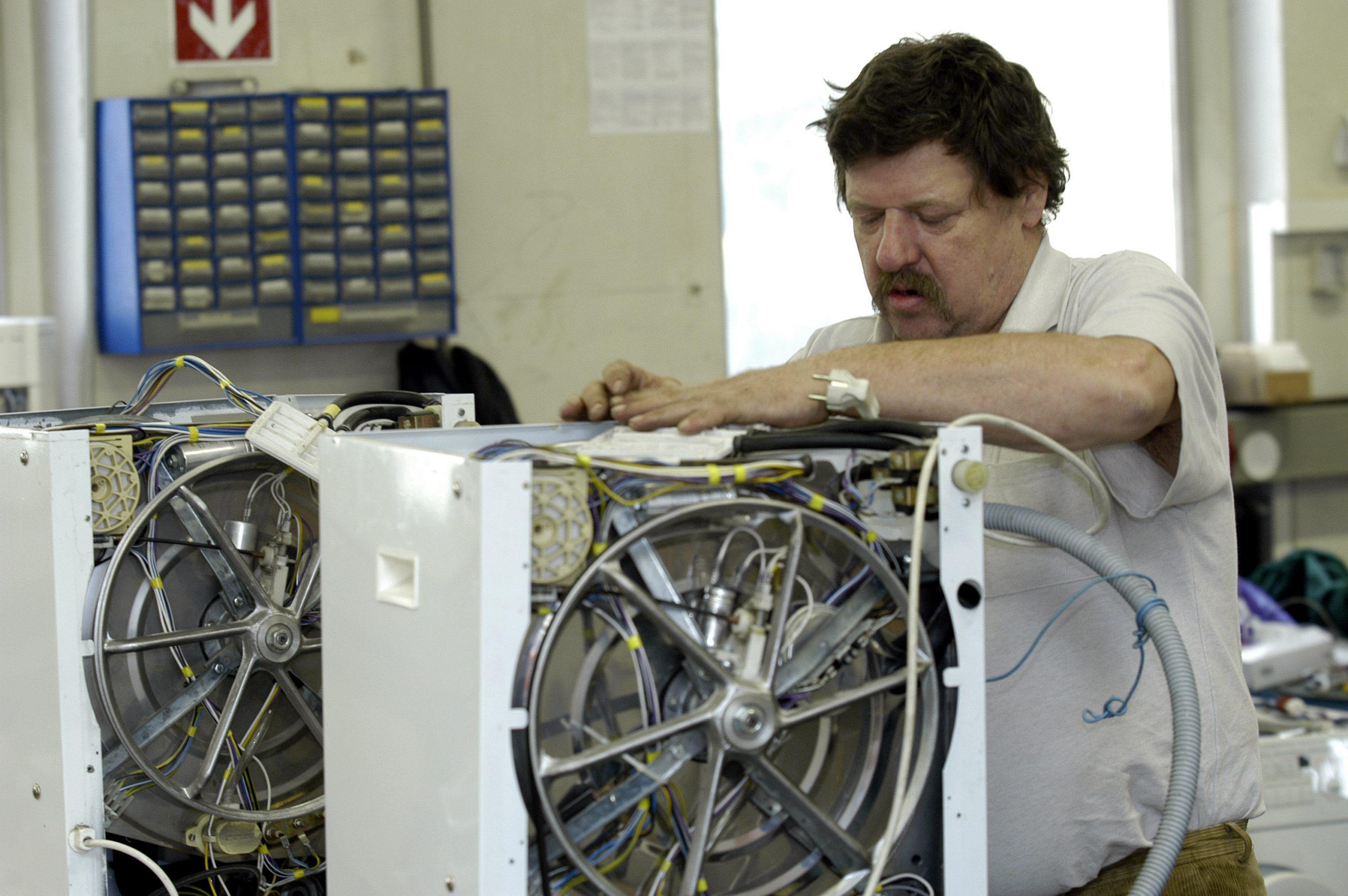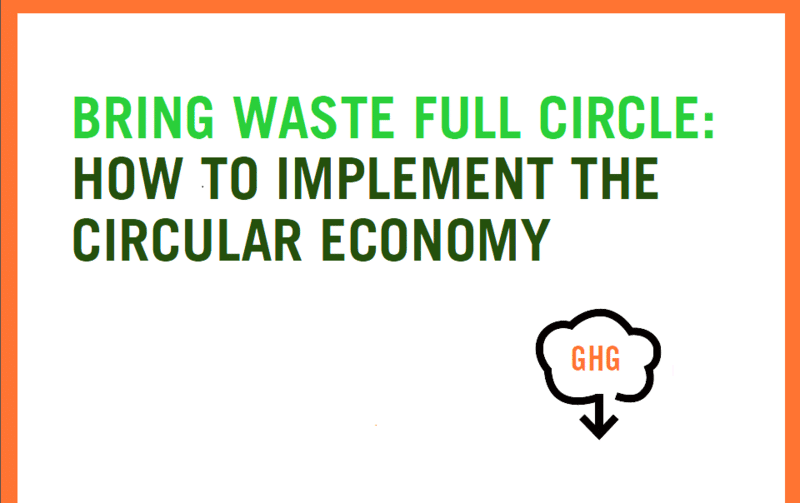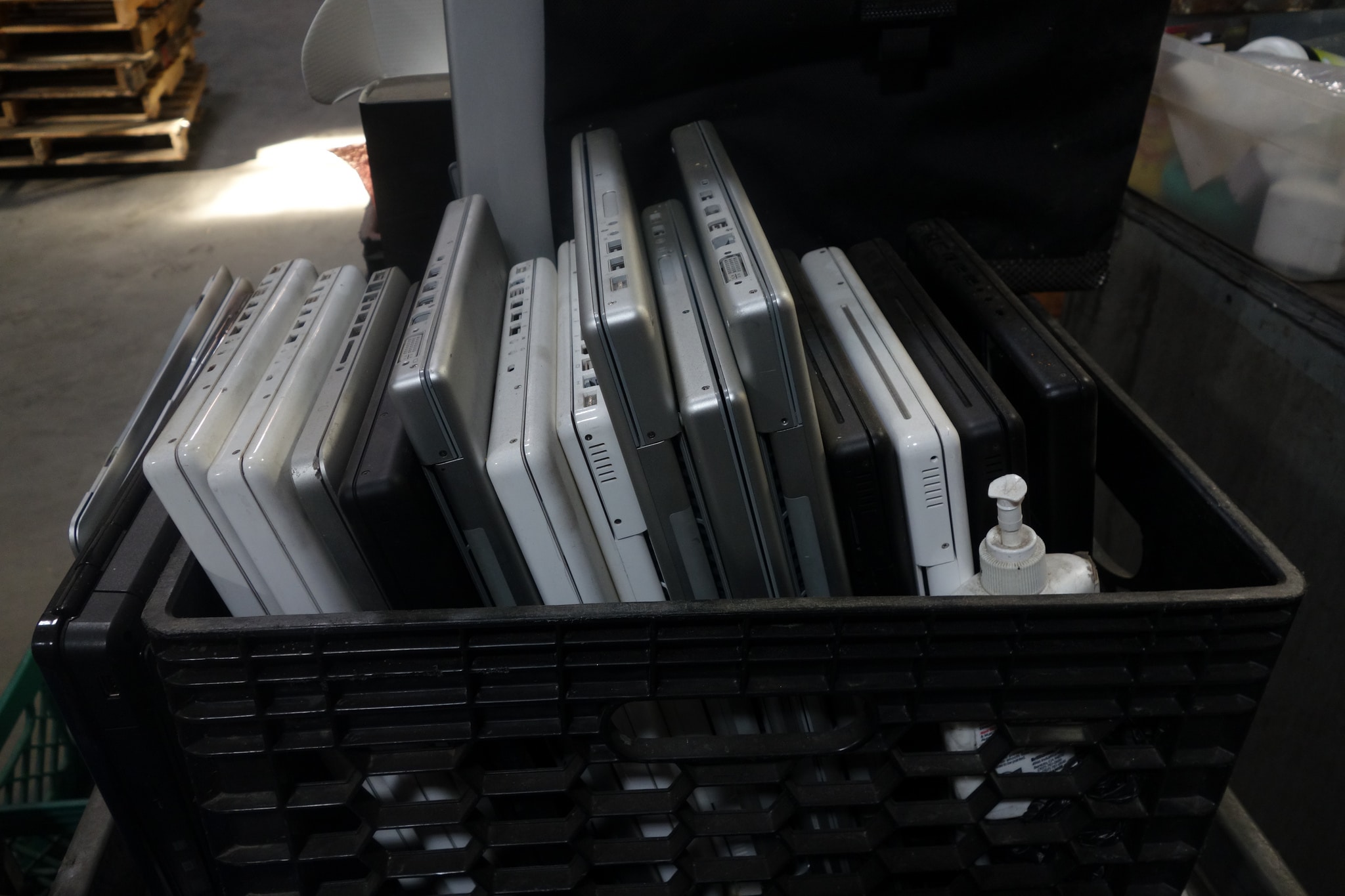Thousands of social enterprises across Europe have been active in the sector for many years, providing job and training opportunities for disadvantaged workers and giving them a fresh start on the labour market. RREUSE believes that the role of social enterprises in...
